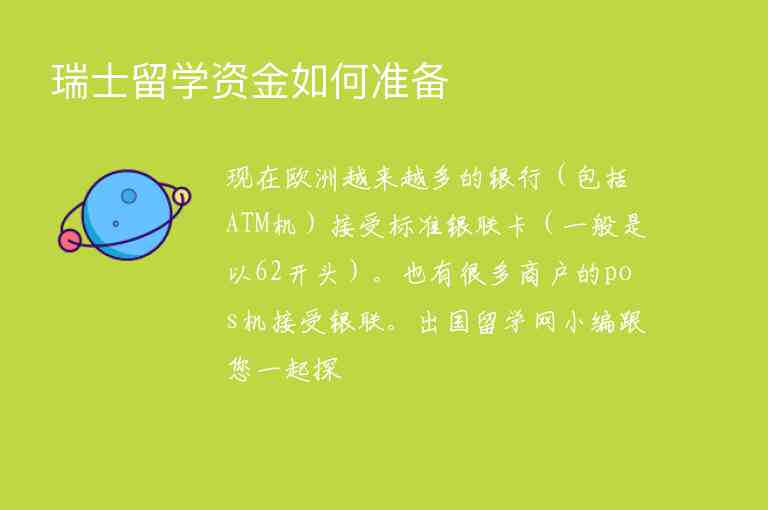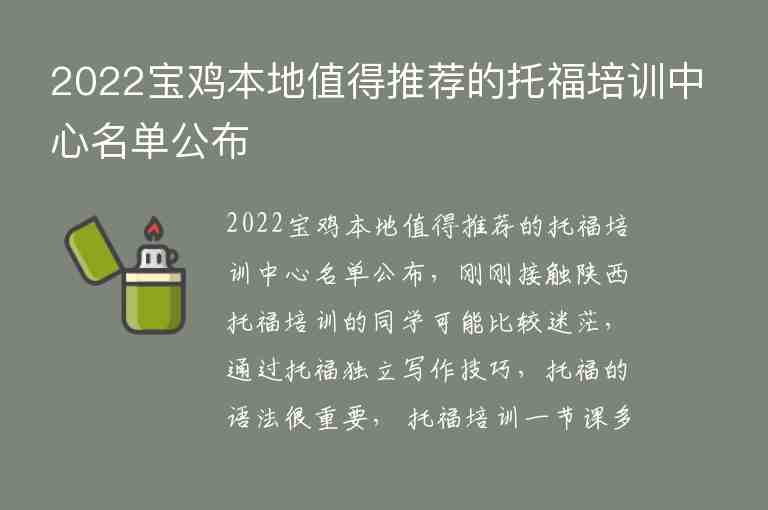蚍蜉撼树是指一只小小的昆虫企图用力撼动一棵大树,比喻力量微小,不足以影响大局。这个成语源自于古代寓言故事《蚍蜉撼树》。
How to pronounce: pí fú hàn shù (pí fú: /pí fú/, hàn shù: /hàn shù/)
Usage:
1. Used to describe someone or something that is weak and powerless, unable to make a significant impact.
2. Can also be used in a sarcastic or ironic way to belittle someone's efforts.
Example Sentences:
1. 他这种微不足道的小人物,竟然想要改变整个社会,简直是蚍蜉撼树。
He, as an insignificant person, wants to change the whole society, it's like a flea trying to move a tree.
2. 这场运动的发起者只是一群年轻人,他们能够做到的也就是蚍蜉撼树而已。
The initiators of this movement are just a group of young people, all they can do is make a small impact.
3. 虽然我只是一个普通人,但我相信每个人都可以做出改变,即使只是像蚍蜉撼树一样微小的力量。
Even though I am just an ordinary person, I believe that everyone can make a difference, even with just a small impact like a flea trying to move a tree.
4. 他的企图就像是蚍蜉撼树,根本不会影响到大局。
His attempt is like a flea trying to move a tree, it won't affect the overall situation at all.
5. 这个小组的努力就像是蚍蜉撼树,对于整个公司的发展来说毫无意义。
The efforts of this group are like a flea trying to move a tree, it's meaningless for the development of the company as a whole.
Synonyms and Usage:
1. 螳臂当车 (táng bì dāng chē): literally means "a mantis trying to s a chariot", used to describe someone who is overestimating their own strength.
2. 杯弓蛇影 (bēi gōng shé yǐng): literally means "seeing a bow as a snake's shadow", used to describe someone who is overly suspicious or fearful.
3. 虎头蛇尾 (hǔ tóu shé wěi): literally means "a tiger's head and snake's tail", used to describe something that starts off strong but ends weakly.
4. 水中捞月 (shuǐ zhōng lāo yuè): literally means "trying to scoop up the moon in water", used to describe an impossible or fruitless endeavor.
5. 纸上谈 (zhǐ shàng tán bīng): literally means "discussing military strategy on paper", used to describe someone who talks big but lacks practical experience or ability.
Editor's Summary:
The phrase 蚍蜉撼树 is a vivid metaphor that illustrates the insignificance of small and weak forces compared to larger ones. It can be used in various contexts, such as describing a person's efforts or the impact of a movement. Other similar idioms include 螳臂当车, 杯弓蛇影, and 虎头蛇尾. As an editor, it is important to be familiar with common idioms and use them appropriately in written materials.

